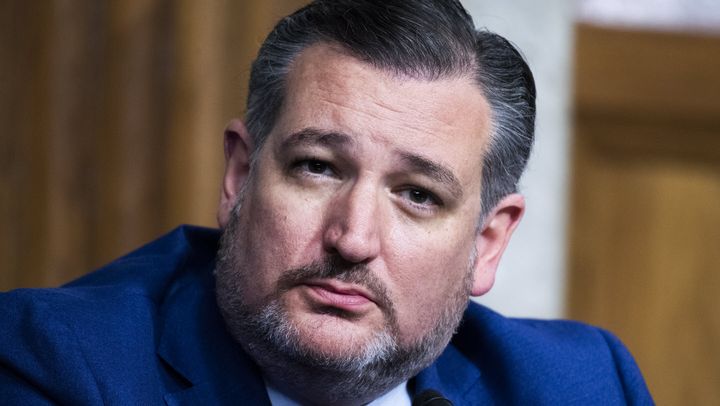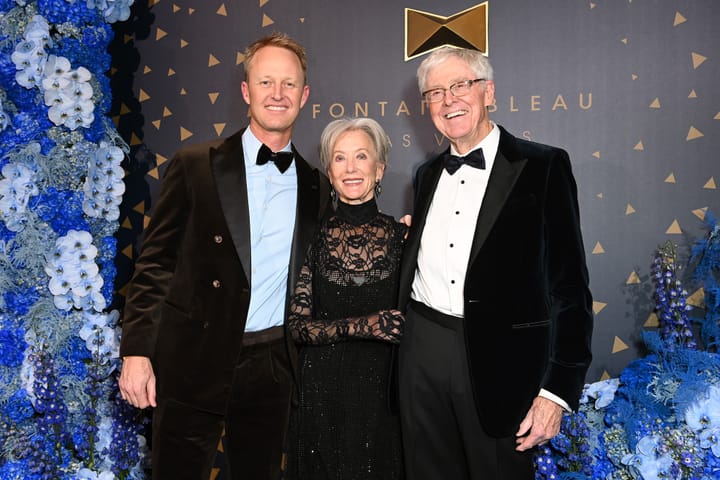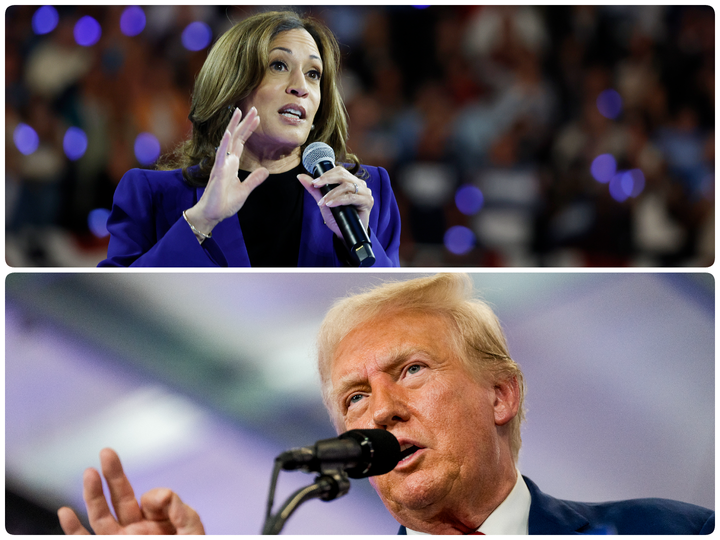A D.C. court yesterday delivered good news to wealthy politicians and those looking to curry favor with them: federal candidates with the means to personally loan money to their campaigns can now raise unlimited amounts after their elections for the purpose of repaying themselves.
In a case brought by the campaign of Sen. Ted Cruz (R-Texas) against the Federal Election Commission (FEC), the D.C. District Court determined that the previously existing loan-repayment limit of $250,000 “burdens political speech and thus implicates the protection of the First Amendment.”
The case stems from Cruz’s 2018 Senate run against Beto O’Rourke. Cruz lent his campaign $260,000 in the final days of the competitive race but was only able to pay himself $250,000 from his campaign due to a loan-repayment cap that was enacted in the 2002 Bipartisan Campaign Reform Act.
I expect we’ll now see a sharp increase in certain candidates soliciting ‘debt retirement’ funds from special interest donors, who in exchange will wield even more influence over those candidates.
Cruz, whose household is worth as much as $3.2 million according to OpenSecrets’ most recent estimate, took a margin loan to fund his campaign from Goldman Sachs, where he and his wife have a substantial amount of their wealth invested. Heidi Cruz is a managing director at Goldman Sachs.
It’s common for federal politicians to hold debt-retirement fundraisers after they are elected, allowing individuals and PACs seeking influence an opportunity to make payments that will be funneled through the campaign and into the bank accounts of lawmakers and lawmakers-elect. Rent-seeking donors can wait out uncertain election results and then donate to the winner for debt-retirement after an election to make sure that their gift is received by the candidate who will be in office and able to return their favor.
“The only thing Senator Cruz’s lawsuit achieved was to make it easier for special interests to put money directly into politicians’ pockets,” said Adav Noti, a senior director at the nonprofit, nonpartisan Campaign Legal Center. “There’s no other action or principle at issue in the case; it’s purely about candidates hitting donors up for money that candidates can then put in their own bank accounts.”
The FEC provided the court with evidence that donors who help retire politicians’ debt after an election may be given more influence and access, including academic research on the topic, but the court rejected that line of argument, declaring that minimizing donor influence is not a proper goal for campaign finance regulations.
“In a representative democracy, mere influence or access is not the type of quid pro quo corruption that justifies infringements on political speech,” the court’s opinion says.
The judge who wrote the memorandum opinion in the case, D.C. Appeals Court judge Neomi Rao, was the founder and original director of the Center for the Study of the Administrative State at George Mason University, which was established with funding from the Charles Koch Foundation. After working in the Trump administration from 2017-19, Rao was confirmed to the D.C. Circuit Court in March 2019 with the help of Koch’s Americans for Prosperity nonprofit, which ran a digital and PR campaign to boost her reputation on the Hill. The libertarian Koch has for decades funded organizations that fight campaign finance regulations like the cap on campaign loan repayments that have been established by past Congresses to prevent billionaires like himself from corrupting politics.
“Given the court’s ruling, I expect we’ll now see a sharp increase in certain candidates soliciting ‘debt retirement’ funds from special interest donors, who in exchange will wield even more influence over those candidates,” said Noti. “There’s a very good reason Congress banned that practice—it leads directly to corruption.”



